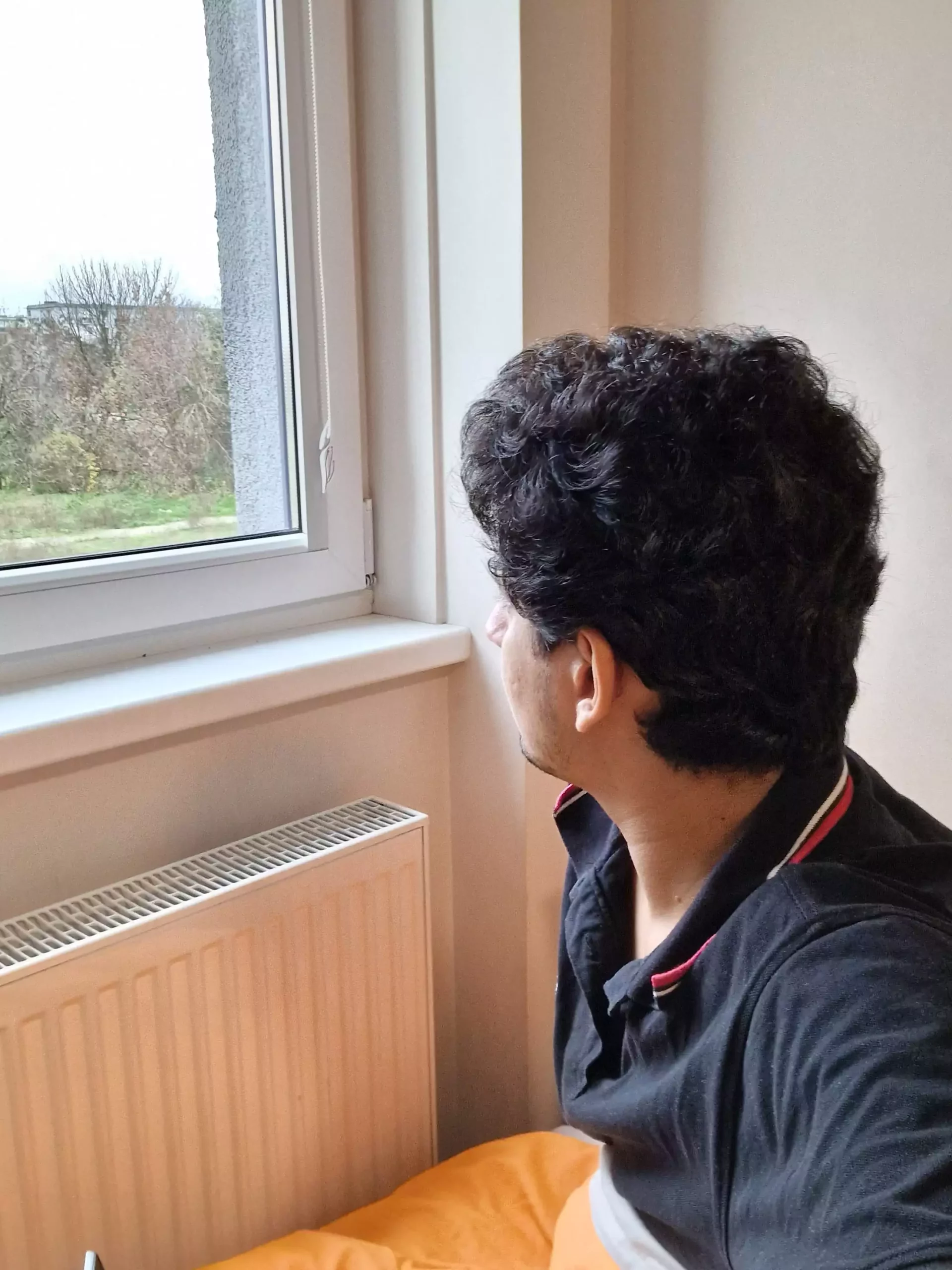Looking for essential oils for postpartum hair loss? You have found the right page.
In this article, you will read about some of the best essential oils for postpartum hair loss that are evidence-based and considered safe to use.
Read: Essential Oils for Postpartum Depression
Contents
Essential Oils for Postpartum Hair Loss
Here are some of the best essential oils:
1. Tea Tree Essential Oil
This essential oil has some amazing antifungal and antibacterial properties that help fight off infection.
Using a mixture of tea tree oil and Rogaine according to a 2013 study can increase hair count.
2. Lavender Essential Oil
Lavender is a very popular essential oil used in aromatherapy. This essential oil also has antifungal and antibacterial properties that help fight off infection.
The best thing about lavender essential oils is they can be used to relieve stress which causes hair loss as well.
A 2016 study on mice shows that it can promote rapid hair growth in mice. The hair is also believed to grow thick and faster than normal.
3. Rosemary Essential Oil
Rosemary has been used for centuries to treat many conditions including hair loss. This herb contains antioxidants that promote hair growth and prevent hair fall.
In many studies, rosemary oil has been highly encouraged as an effective treatment for hair loss. The oil is believed to facilitate blood flow at the scalp.
4. Cedarwood Essential Oil
This essential oil contains anti-bacterial properties which help fight off the infection that causes postpartum hair loss as well as dandruff, acne, and other skin conditions like psoriasis, eczema, etc.
Studies show that Cedarwood helps in stimulating blood circulation around the scalp which promotes healthy hair growth and balances oil-producing glands in the scalp.
5. Frankincense Essential Oil
Frankincense essential oil contains antibacterial and anti-fungal properties that help fight off infection. It is also known to stimulate blood circulation around the scalp which promotes healthy hair growth.
A 2013 study shows that frankincense oil promotes good sleep and reduces instances of postpartum stress which leads to hair loss.
It also promotes a healthy scalp and moisturizes existing hair follicles to prevent hair loss.
Possible Side Effects and Precautions
- Avoid using essential oils on sensitive areas of the skin.
- Do not use essential oils if you have a medical condition such as epilepsy, pregnancy, or are breastfeeding.
- Don’t use essential oils if you have had an allergic reaction to them in the past.
- Use only as directed on the bottle and never exceed recommended dose.
- It’s best to start with a small amount and work your way up if you are new to using essential oils.
- Always dilute essential oils with a carrier oil before applying it to your skin.
How to Use Essential Oils for Postpartum Hair Loss?
Diffuse Essential Oils
It is recommended that you use essential oils in a diffuser to diffuse the scent of essential oils in the air. Diffusers can be used to help alleviate stress, relax and promote sleep.
If you are using an oil that contains lavender, place a few drops of lavender oil on a cotton ball and place it in the diffuser.
Direct Application
You can also mix two drops each of peppermint, rosemary, eucalyptus, and cedarwood oil with two tablespoons of coconut oil and apply it to your hair to stimulate hair growth. It is best to do this at night before going to bed.
Place two drops of each essential oil on the palm of your hand and rub them together for about 30 seconds.
Then apply this mixture onto dry hair that has been washed with shampoo so that it will not cause dandruff or dry out your scalp when applied directly onto wet scalp.
The next morning, apply coconut oil all over your head before washing it off with shampoo again if desired.
The Bottom Line!
The above-mentioned essential oils for postpartum hair loss are some of the best and safest essential oils that you can use.
Most people do not see any side effects. However, if you notice any allergy or irritation instantly stop the use and consult with your doctor.
The content present on this page has not been evaluated by any medical authorities e.g FDA. All the information present is solely for informational purposes and is not a substitute for the medical advice provided by your physician. We do not aim to diagnose, treat, or cure any disease or illness.

I am a medical student (MD) and a professional blogger. My aim is to help and educate people about essential oils and how they can be beneficial in improving overall health if used in a proper way.
